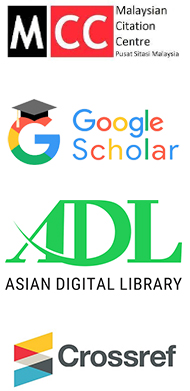A Study on The Relationship between Coaching Styles towards Work Engagement in Artificial Intelligence Industries
DOI:
https://doi.org/10.58915/ijbt.v13i2.957Keywords:
Coaching Styles, Executive Coaching, Managerial Coaching, Group Coaching, Work EngagementAbstract
An organisation with a large workforce from a variety of backgrounds collaborates on various projects with different groups of individuals in order to achieve specific goals. Employers who develop coaching relationships with staff members may create high-quality results. According to this viewpoint, an employee who is receiving excellent training or coaching will be able to interact with the tasks assigned successfully in order to meet the organisational aim. The objective of this study is to examine how managerial coaching, executive coaching, and group coaching relate to work engagement in artificial intelligence during the COVID-19 season. It is obvious that the best coaching methods, including managerial coaching, executive coaching, and group coaching, will boost employee involvement, excitement, drive, and motivation while producing great results. 110 personnel of the artificial intelligence business are involved in this study. For data gathering in this study, a survey was used as a quantitative method. In order to analyse the data for this study, Pearson's correlation coefficient and the Statistical Package for the Social Science (SPPS) version 29.0 were both employed. The findings indicated that executive coaching has a high mean average of 3.96 and a significant link (r=0.856, p=0.01) between executive coaching and work engagement. Despite the study's shortcomings, the empirical findings contribute to our understanding of job engagement and purpose in public organisations. Consequently, training is essential in an organisation.
Downloads
Published
How to Cite
Issue
Section
License
Copyright (c) 2024 International Journal of Business and Technopreneurship (IJBT)

This work is licensed under a Creative Commons Attribution-NonCommercial-NoDerivatives 4.0 International License.














